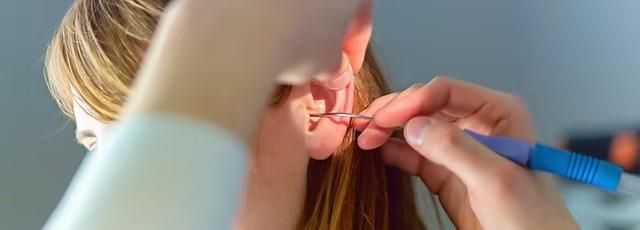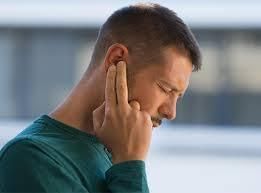Nurturing Your Hearing Health Through Music
In the symphony of life, music plays a profound role.
It accompanies our moments of joy, consoles us in times of sorrow and ignites our passion like nothing else can. However, amidst the melodies and rhythms lies a crucial consideration: our hearing health.
At Ealing Hearing Centre, we understand the intricate relationship between music and hearing, and we're here to guide you on how to enjoy the beauty of sound while preserving your precious auditory senses.
The Impact of Music on Hearing Health
Music has the power to move us emotionally and spiritually, but it also exerts a physical impact on our auditory system. From the delicate nuances of a violin solo to the thunderous bass of a rock concert, the intensity and duration of sound exposure can significantly affect our hearing health.
Continuous exposure to loud music, whether through headphones, concerts, or even everyday environments, can lead to noise-induced hearing loss (NIHL). This condition, often gradual in onset, occurs when the sensitive hair cells in the inner ear are damaged by prolonged exposure to excessive noise levels.
Navigating the Soundscape: Tips for Preserving Your Hearing
While the allure of music is undeniable, it's essential to approach it mindfully to safeguard your hearing health. Here are some practical tips to help you navigate the soundscape safely:
Limit Exposure to Loud Sounds
Be mindful of the volume levels when listening to music through headphones or attending live events. Follow the 60/60 rule: listen at no more than 60% volume for no more than 60 minutes at a time.
Use Hearing Protection
Invest in high-quality earplugs or protection, especially when attending concerts or events with amplified music. These devices can significantly reduce the intensity of sound without sacrificing the quality of your listening experience.
Take Listening Breaks
Give your ears periodic breaks from loud or prolonged sound exposure. Use moments of silence to allow your auditory system to rest and recover.
Choose Quality Over Quantity
Opt for headphones and audio equipment that prioritise sound clarity and fidelity over excessive volume. High-quality sound reproduction can enhance your listening experience without compromising your hearing health.
Monitor Your Hearing
Pay attention to any signs of hearing loss, such as ringing in the ears (tinnitus) or difficulty understanding conversations in noisy environments. Regular hearing evaluations at Ealing Hearing Centre can help detect early signs of hearing loss and facilitate timely intervention.
Embracing the Harmony of Sound and Safety
At Ealing Hearing Centre, we believe that everyone deserves to experience the joy of music without compromising their hearing health. Our team of experienced audiologists provides comprehensive hearing care services, from diagnostic evaluations to customised hearing solutions tailored to your unique needs.
Whether you're a music enthusiast, professional musician, or simply someone who appreciates the beauty of sound, we're here to support you on your journey to optimal hearing health. Let's embrace the harmony of sound together while safeguarding the precious gift of hearing for generations to come.
Discover the intersection of music and hearing health at Ealing Hearing Centre.
Contact us today to schedule your hearing evaluation and embark on a path towards vibrant, sustainable hearing for life.
Let the music play on, safely and beautifully.



